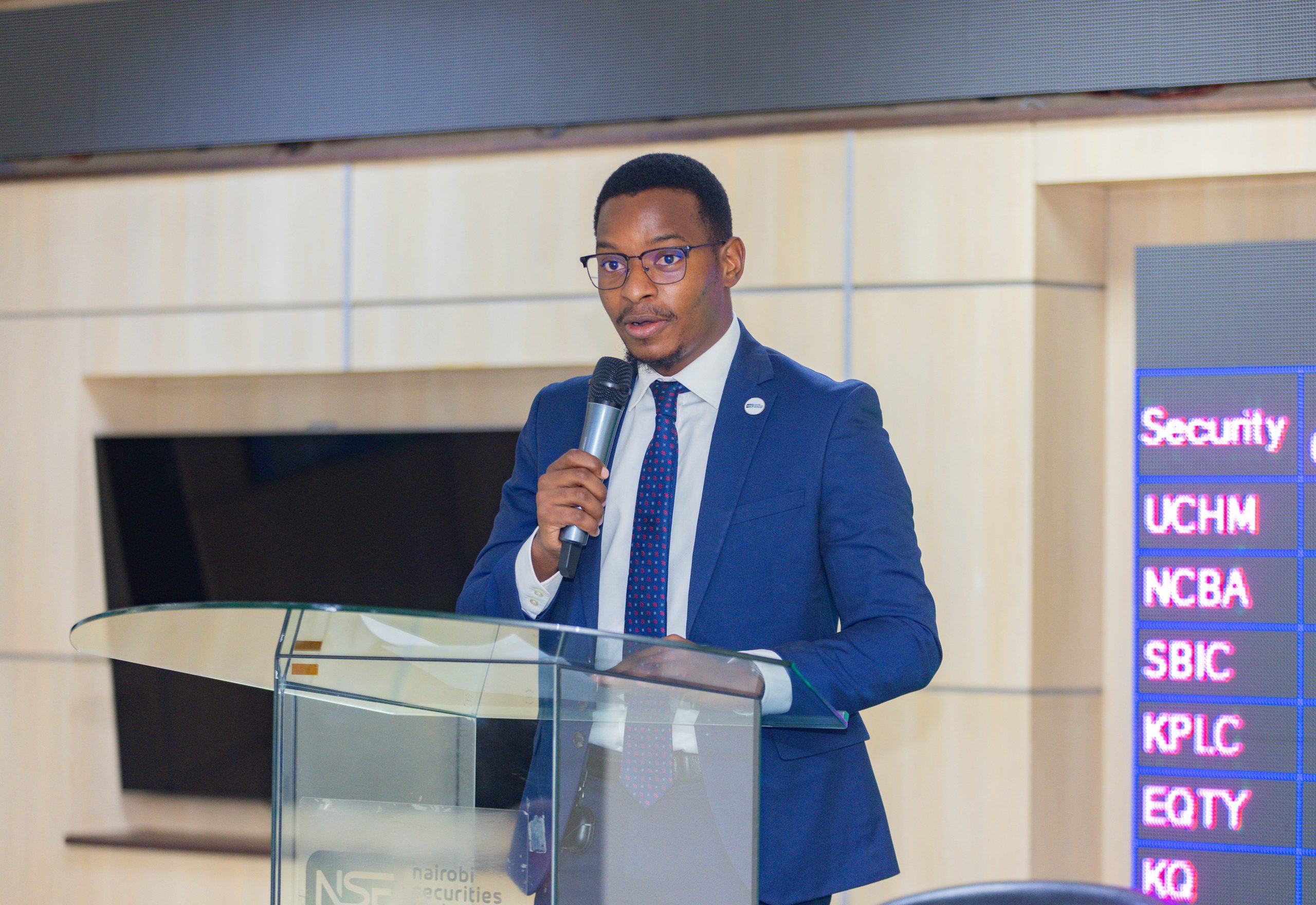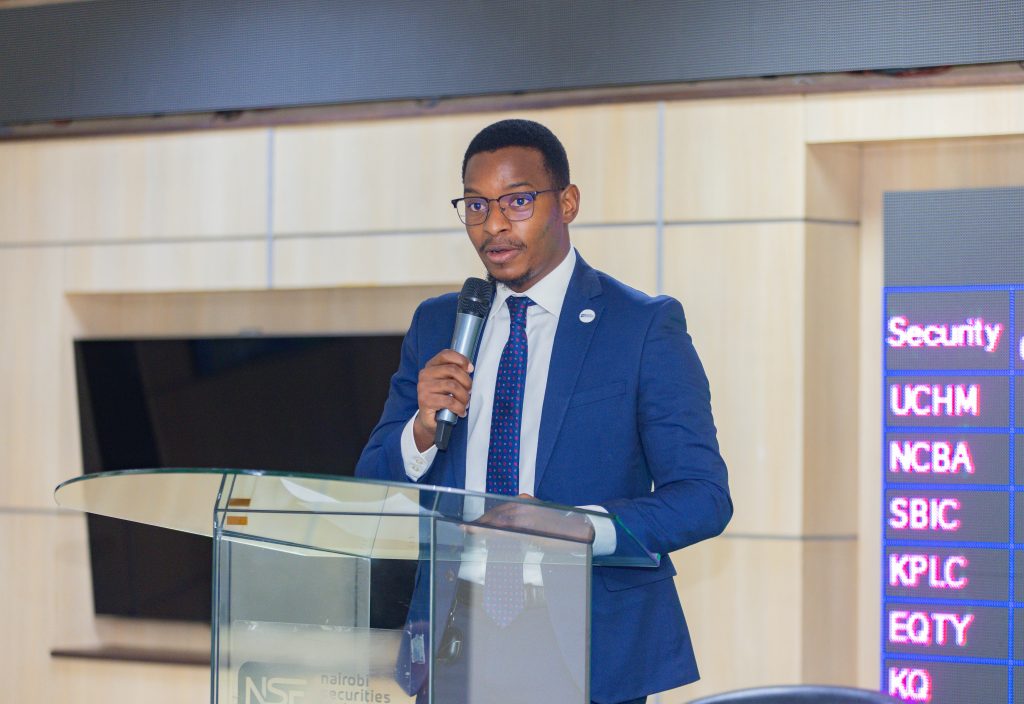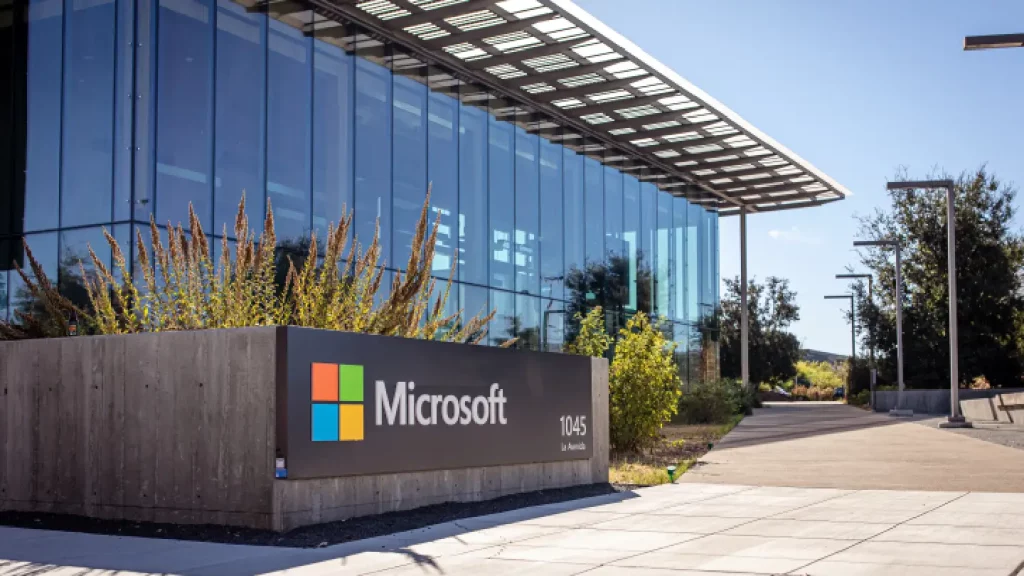This article was contributed to TechCabal by Dr. Austin Okpagu.
We’ve all heard the projections: by 2050, Africa will account for a quarter of the world’s population, with Nigeria leading as the most populous country on the continent. But population growth alone isn’t enough to drive economic transformation.
A Nigeria that everyone—businesses, consumers, and citizens—can be proud of requires more than just numbers; it needs a robust payment infrastructure, consistent policies, and effective governance that supports businesses. Most crucially, we must resolve the barriers to cross-border payments that hinder trade across the continent to create a thriving environment for both local businesses and global investors.
The inability for companies to seamlessly trade and move money across Africa hampers their growth; pushing the continent to trade more with the rest of the world. This in turn causes global companies to exit Nigeria which not only harms businesses but weakens the economy as a whole. As international firms leave and local companies struggle to scale, Nigeria becomes increasingly reliant on imports, further straining its economy.
The trade numbers highlight a concerning trend: Nigeria is increasingly dependent on imports from countries like China, while trade with other African nations, such as Kenya, continues to decline. This highlights a broader issue—that Africa increasingly trades more with the rest of the world than within the continent itself. Strengthening the country’s position in the global market will require deliberate actions, starting with addressing the root causes of the longstanding cross-border payment challenges. This is a challenge Verto is tackling head-on, processing payments in more than 170 countries, with offices in Nigeria, Kenya, South Africa, and the UK.
One key obstacle is the inconsistency in policies across different political regimes. The policies set by one administration often differ from those of the next, with little to no continuity. This creates significant loopholes and ultimately erodes confidence among businesses and investors alike.
Another significant challenge is the lack of currency interoperability within the region. Like other African business owners, Nigerian entrepreneurs often need first to convert Naira into US Dollars to trade with other African countries, adding an extra layer of complexity and cost. These barriers place a considerable burden on businesses and hinder both regional and global trade. Many founders and CEOs we’ve engaged express frustration over how these challenges limit their ability to scale effectively across Africa.
Tax policies also contribute to the problem, particularly the collection of multiple taxes. Nigerian businesses face over 30 different taxes, creating a substantial burden. The current government deserves credit for pushing tax reforms to harmonise these into a single system. A recent bill before the National Assembly proposes renaming the Federal Inland Revenue Service (FIRS) to the National Revenue Service or Commission, addressing the issue of multiple agencies—FIRS, Customs, and others—collecting taxes. This fragmented system has been a major headache for businesses. The government has recognized this and established an ad-hoc committee to streamline processes to create a single tax agency. However, the issue extends beyond Nigeria and affects intra-Africa transactions.
When a company moves money to another African country, such as Kenya, additional taxes are imposed on the incoming funds. Ideally, a single tax system across the region would eliminate further taxation after paying taxes in one country, such as Nigeria. Governments could establish tax-sharing agreements to alleviate this burden on businesses.
Currently, companies headquartered in Nigeria but operating in Kenya, for example, face taxation in both countries, increasing the cost of transactions, products, and services. This tax burden plus other macro-economic factors have contributed to companies shutting down operations across the continent, as seen with MTN’s recent exit from two African countries.
These issues have persisted for too long. Progress has been made, with fintechs like Verto actively addressing cross-border payment challenges and streamlining transactions for both intra-African payments and international transactions. But we must accelerate these efforts to attract more investment and fully capitalise on Africa’s youth and population boom.
Apart from tax harmonisation, which is an obvious solution to one of the challenges, a key step for private organisations is to have a unified voice in holding the government accountable. Currently, there is a lack of cohesion within Nigeria’s tech community, with different groups operating in silos and no strong alliance.
The government recently proposed a cybersecurity levy that could have been devastating for businesses had it gone through. While the tech and business communities pushed back, it wasn’t done as a unified front—it was led by individual influencers, different pressure groups, and others, aided by the fact that the Minister of Communications, Innovation, and Digital Economy comes from the tech ecosystem. Although the pushback succeeded, it highlighted the need for a stronger collective voice and the ongoing need to hold the government accountable for its actions and policies.
It’s encouraging to see that the sector is working to form a ‘Tech Ecosystem Alliance,’ which aims to unite startups across industries—fintech, agritech, and others—under one umbrella. I hope this effort is realised. Such an alliance could engage the government, influence policy, and ensure that proposed changes are properly evaluated for their impact on the tech ecosystem.
In addition to fostering better collaboration, the government is encouraged to engage stakeholders before issuing circulars or implementing policies. Recent instances, like the unanticipated hike in petroleum prices, have caused significant disruption to businesses. A more consultative approach with the private sector would ensure policies are thoroughly reviewed, preventing unintended consequences and supporting sustainable growth across industries.
There has been ongoing discussion about adopting a single currency within the region, similar to the Euro in Europe. The idea is simple—trade should occur seamlessly across African nations. While not an exact parallel, the Pan-African Payments and Settlement System (PAPPS) is making progress toward enabling African countries to trade directly using their local currencies, reducing reliance on Dollar conversions. Although this is a promising concept, its implementation must be accelerated. Verto already contributes by enabling businesses to trade and make payments seamlessly through a single, transparent platform. Their partnerships with over 26 banks allow instant money transfers in more than 170 countries, with currency conversion available in 50 currencies, and 99.8% of payments processed within 24 hours.
The challenges of cross-border payments represent a significant barrier to Africa’s growth, but they also present an opportunity for transformation. By addressing these issues head-on, African nations can unlock new avenues for trade and investment, fostering an environment where local businesses thrive and foreign investors see the continent as a viable market. Collaborative efforts among governments, private sector stakeholders, and fintech innovators are essential to create a cohesive payment ecosystem.
If we can streamline cross-border transactions, harmonise tax policies, and promote currency interoperability, we will not only enhance trade across Africa but also position the continent as a formidable player in the global economy.
The time for action is now; if we fail to act swiftly, we risk hindering Africa’s potential and missing out on the opportunities that come with a burgeoning population and an increasingly interconnected world.
_____
Dr. Austin is Verto’s Nigeria Country Director. Before joining Verto, Austin spent almost four years at JumiaPay, where he led the company’s business growth and partnerships expansions; serving most recently as the company’s Managing Director for West Africa.



















